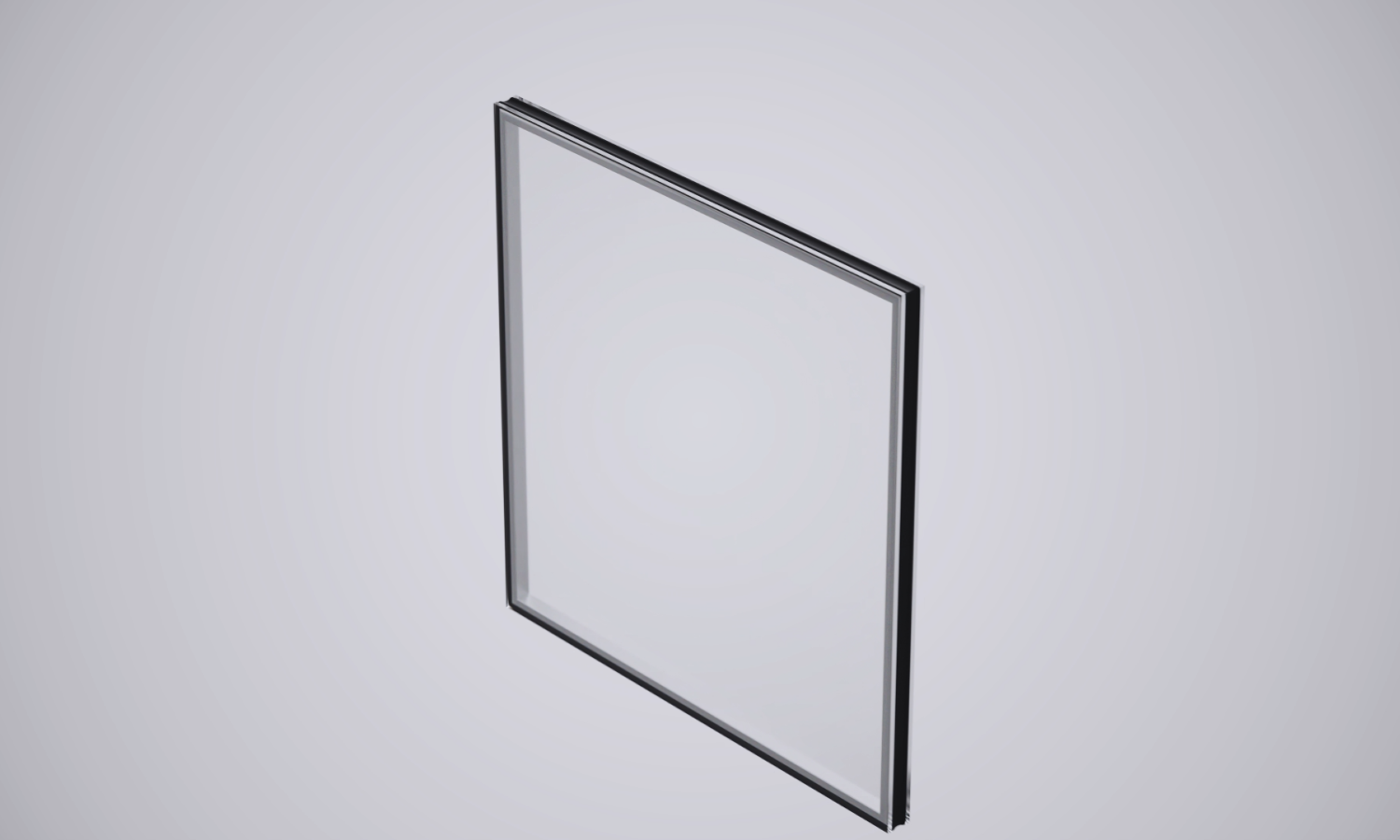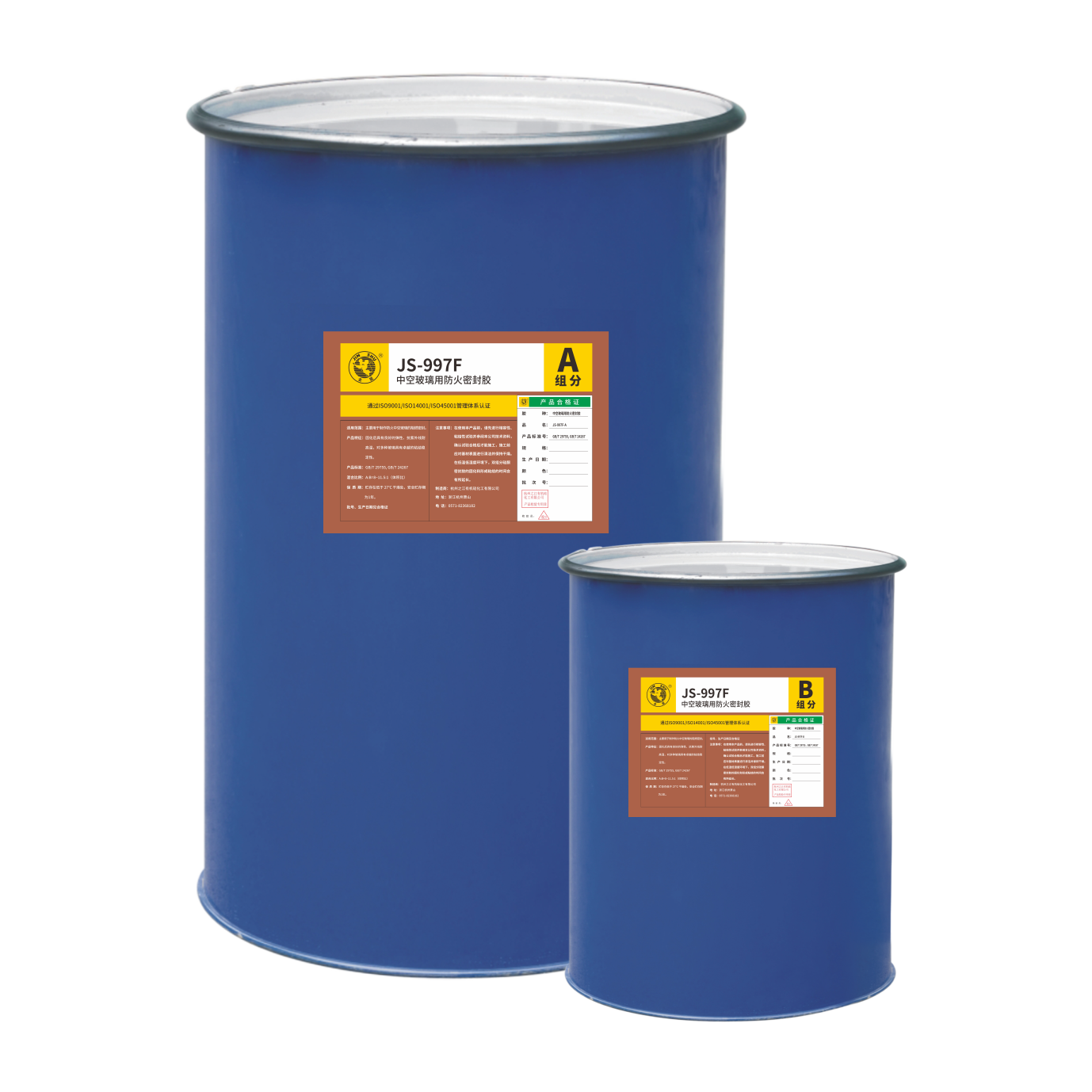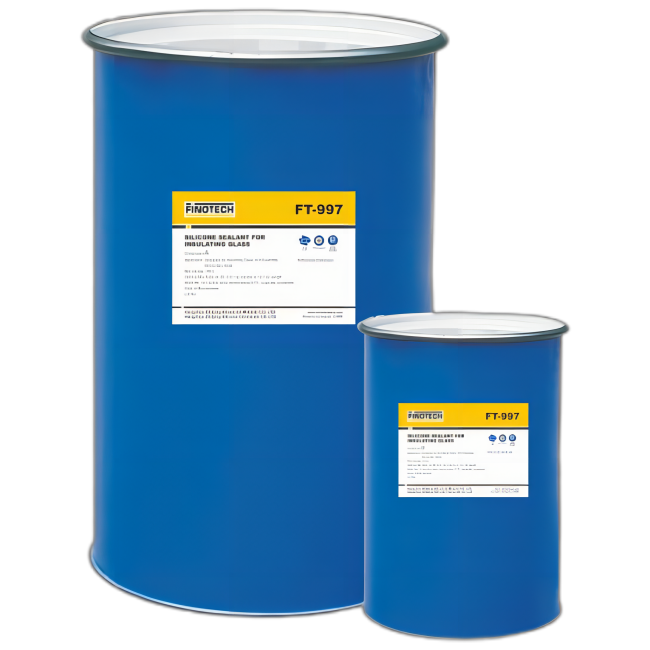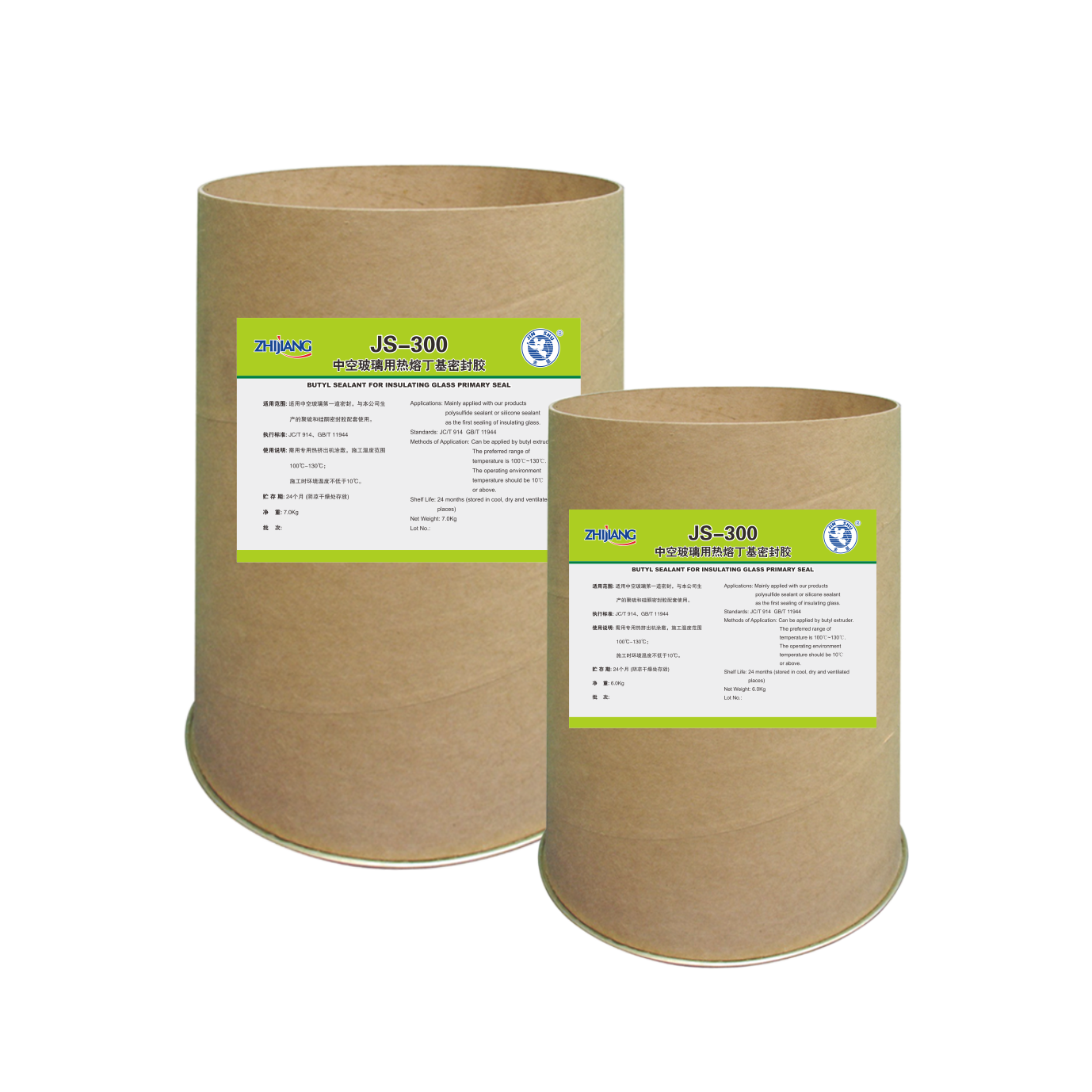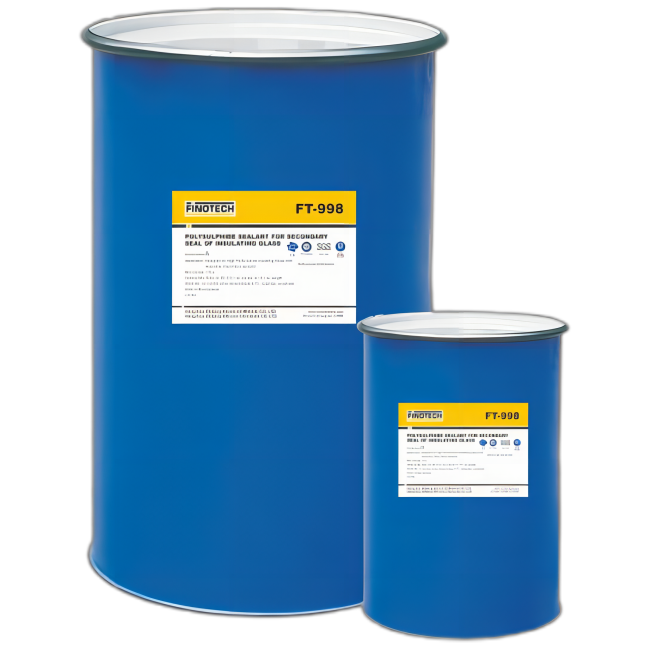Insulating Glass Solution
Sealed and worry free, making life more comfortable
Hollow glass is a new type of building material that uses two (or three) pieces of glass and high-strength and high airtightness composite adhesive to bond the glass sheet to the aluminum alloy frame, which has good insulation, sound insulation, and aesthetics. Its main materials include glass, warm edge spacing strips, corner bolts, sealant, etc. With the continuous improvement of living standards among Chinese people, the demand for green and energy-saving buildings is also increasing. The door and window system containing hollow glass units is the thinnest unit in the entire building, and its airtightness and insulation often determine the energy-saving effect of a building unit, playing a crucial role in building energy conservation.
Therefore, improving the airtightness (including water gas sealing durability and gas sealing durability) and insulation of insulating glass units has always been one of the most concerned issues in the industry.
Hollow glass units usually use double layer sealants, which use polyisobutylene adhesive as the first seal. Its water and air tightness are high, but its structure is poor. Therefore, it is necessary to use structural adhesive adhesives such as organic silicone, polysulfide adhesive, or polyurethane adhesive as the second seal. The second layer of sealant for domestic hollow glass door and window systems has always been mainly organic silicone sealant, which has good adhesion to the hollow glass substrate and can meet the long-term UV resistance requirements. It is the best choice for hidden frame curtain wall glass. However, the UV resistance of polysulfide adhesive and polyurethane adhesive is slightly worse than that of organic silicone, but their water and air tightness are better than organic silicone. Therefore, when applied to framed glass units, especially when sunlight cannot directly shine on the sealant, they have certain advantages over organic silicone. This is also the reason why the European market uses a large amount of polysulfide adhesive and polyurethane adhesive as the secondary sealant for hollow glass units.
Advantages
JS-996 Polyurethane Hollow Glass Sealant
It is a two component polyurethane adhesive that cures quickly, shortens storage time, and is easy to operate. Two component polyurethane hollow glass sealant is gradually recognized in China. The sales volume of this product is expected to exceed 1000 tons per year. It is an ideal material for manufacturing insulating glass. Has low breathability.
JS-996 polyurethane hollow glass sealant has the following significant characteristics:
1. Stability
By utilizing the characteristics of polyurethane's absorption of water and low swelling of the colloid after water absorption, polyurethane sealant has a good stability performance of non shrinkage after curing, especially at corners, effectively reducing water and gas channels and ensuring the airtightness of insulating glass.
2. Durability
After repeated comparative experiments, it was found that compared with polysulfide adhesive and silicone adhesive, polyurethane adhesive has the lowest water vapor permeability. Therefore, under other unchanged conditions, the durability and sealing life of insulating glass made of polyurethane adhesive are much longer.
3. Environmental friendliness
Develop product formulas and production processes to ensure that there are no harmful substances generated during production and use, ensuring the environmental performance of the product. Without solvents, it can avoid the stress caused by the colloid shrinkage caused by solvent evaporation, which can lead to glass breakage. At the same time, by avoiding colloid shrinkage and relaxation, the water and gas transmission area of the insulating glass is increased, and the sealing performance of the insulating glass is reduced. It does not contain solvents and has a solid content of 100%, so its ignition point is higher than 93.3 ℃, which is also convenient for storage and transportation under general conditions.
1) JS-300/301 butyl hot melt adhesive: It has the advantages of solvent-free, good workability, and good adhesion. In addition, it is easy to apply and does not affect the curing of silicone adhesive.
2) JS-302SG reactive butyl hot-melt adhesive: it has the advantages of solvent-free, good workability, good bonding, high thixotropy, etc. In addition, it has excellent adhesion with silicone adhesive.
JS-998 Polysulfide Hollow Glass Sealant
It has good adhesion to various types of glass, good temperature resistance, and can be used in both north and south directions. It has a wide temperature range and can be used at minus 50 degrees Celsius. It is resistant to oil and solvent corrosion, and has extremely low water vapor permeability, greatly extending the service life of insulating glass.
JS-997 Silicone Hollow Glass Sealant
It has excellent adhesion to various types of glass, excellent weather resistance after curing, and excellent UV resistance, high temperature and humidity resistance.
JS-8000-2 Silicone Hollow Structure Sealant
It meets the performance standards of GB 24266-2009 and has excellent adhesion to various glass substrates used for curtain walls. It has high mechanical and physical properties, excellent weather resistance after curing, and excellent UV, high temperature, and humidity resistance.
JS-7800/JS-8000/JS-8000-E two component silicone structural sealant/JS-8800 high-performance two component silicone structural sealant
It has excellent adhesion to a wide range of curtain wall substrates, including coated ceramics, reflective glass, anodized and sprayed aluminum, as well as stainless steel and other metal materials, with high standards of mechanical and physical properties. After curing, it has excellent weather resistance characteristics and excellent UV, high temperature, and humidity resistance.
Main Products

















